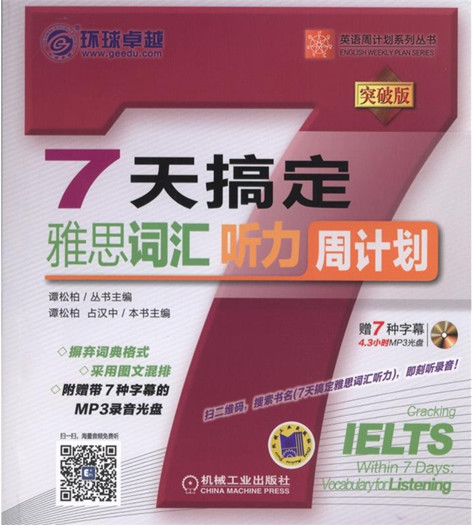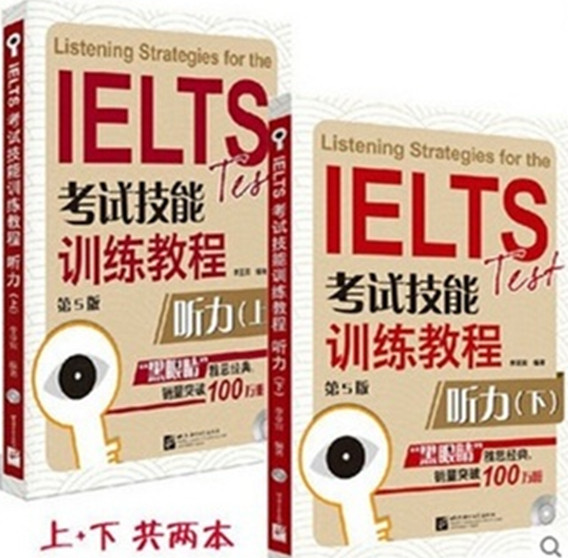The Return of Artificial Intelligence
It is becoming acceptable again to talk of computers performing
human tasks such as problem-solving and pattern-recognition
A
After years in the wilderness, the term 'artificial intelligence' (AI) seems poised to make a comeback. AI was big in the 1980s but vanished in the 1990s. It re-entered public consciousness with the release of AI, a movie about a robot boy. This has ignited public debate about AI, but the term is also being used once more within the computer industry. Researchers, executives and marketing people are now using the expression without irony or inverted commas. And it is not always hype. The term is being applied, with some justification, to products that depend on technology that was originally developed by AI researchers. Admittedly, the rehabilitation of the term has a long way to go, and some firms still prefer to avoid using it. But the fact that others are starting to use it again suggests that AI has moved on from being seen as an over-ambitious and under-achieving field of research.
B
The field was launched, and the term 'artificial intelligence' coined, at a conference in 1956, by a group of researchers that included Marvin Minsky, John McCarthy, Herbert Simon and Alan Newell, all of whom went on to become leading figures in the field. The expression provided an attractive but informative name for a research programme that encompassed such previously disparate fields as operations research, cybernetics, logic and computer science. The goal they shared was an attempt to capture or mimic human abilities using machines. That said, different groups of researchers attacked different problems, from speech recognition to chess playing, in different ways; AI unified the field in name only. But it was a term that captured the public imagination.
C
Most researchers agree that AI peaked around 1985. A public reared on science-fiction movies and excited by the growing power of computers had high expectations. For years, AI researchers had implied that a breakthrough was just around the corner. Marvin Minsky said in 1967 that within a generation the problem of creating 'artificial intelligence' would be substantially solved. Prototypes of medical-diagnosis programs and speech recognition software appeared to be making progress. It proved to be a false dawn. Thinking computers and household robots failed to materialise, and a backlash ensued. 'There was undue optimism in the early 1980s," says David Leake, a researcher at Indiana University. 'Then when people realised these were hard problems, there was retrenchment. By the late 1980s, the term AI was being avoided by many researchers, who opted instead to align themselves with specific sub-disciplines such as neural networks, agent technology, case-based reasoning, and so on."
D
Ironically, in some ways AI was a victim of its own success. Whenever an apparently mundane problem was solved, such as building a system that could land an aircraft unattended, the problem was deemed not to have been AI in the first place. 'If it works, it can't be AI," as Dr Leake characterises it. The effect of repeatedly moving the goal-posts in this way was that AI came to refer to 'blue-sky' research that was still years away from commercialisation. Researchers joked that AI stood for 'almost implemented'. Meanwhile, the technologies that made it onto the market, such as speech recognition, language translation and decision-support software, were no longer regarded as AI. Yet all three once fell well within the umbrella of AI research.
- 05-22·2018雅思阅读模拟题精选及答案汇总
- 02-20·2018雅思阅读模拟题精选及答案(十五)
- 02-20·2018雅思阅读模拟题精选及答案(十四)
- 02-20·2018雅思阅读模拟题精选及答案(十三)
- 02-20·2018雅思阅读模拟题精选及答案(十二)
- 12018-05-222018雅思阅读模拟题精选及答案汇总
- 22018-02-202018雅思阅读模拟题精选及答案(十五)
- 32017-11-072017年雅思阅读模拟题:极光
- 42017-07-122017年雅思阅读模拟题及答案解析汇总
- 52017-07-112017年雅思阅读模拟题及答案解析(七)
编辑推荐
- 模拟试题
- 历年真题





